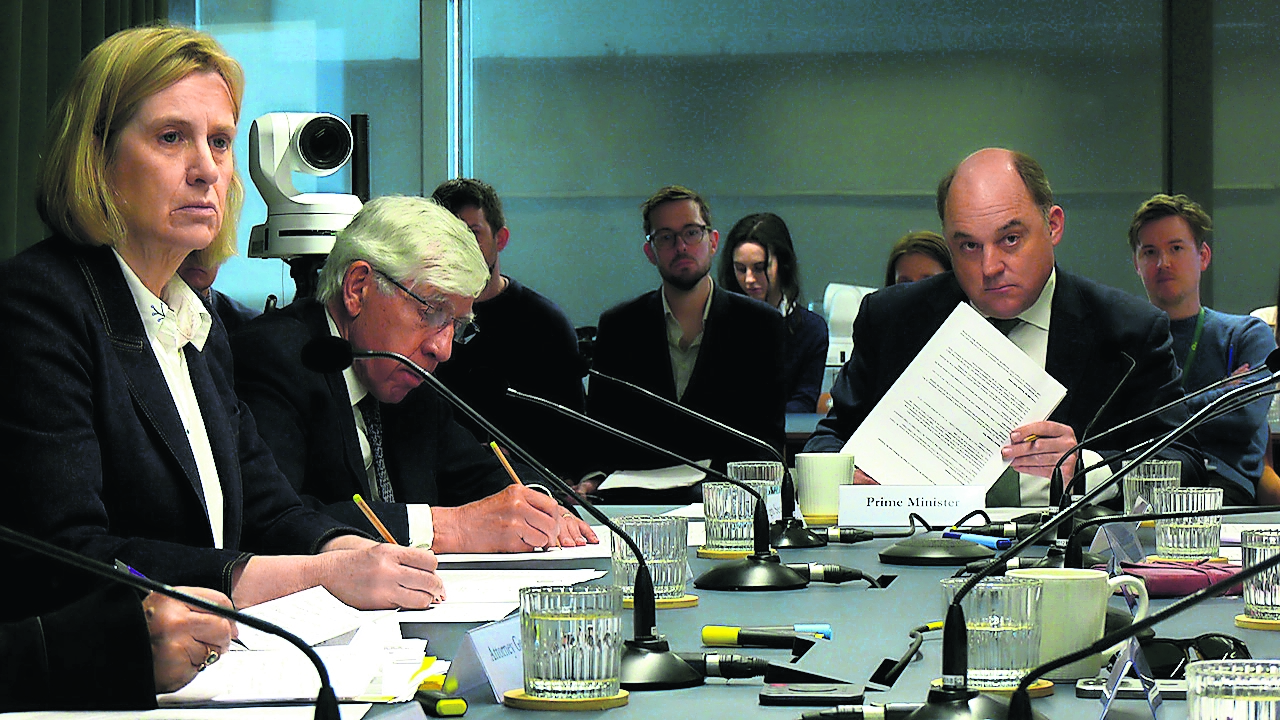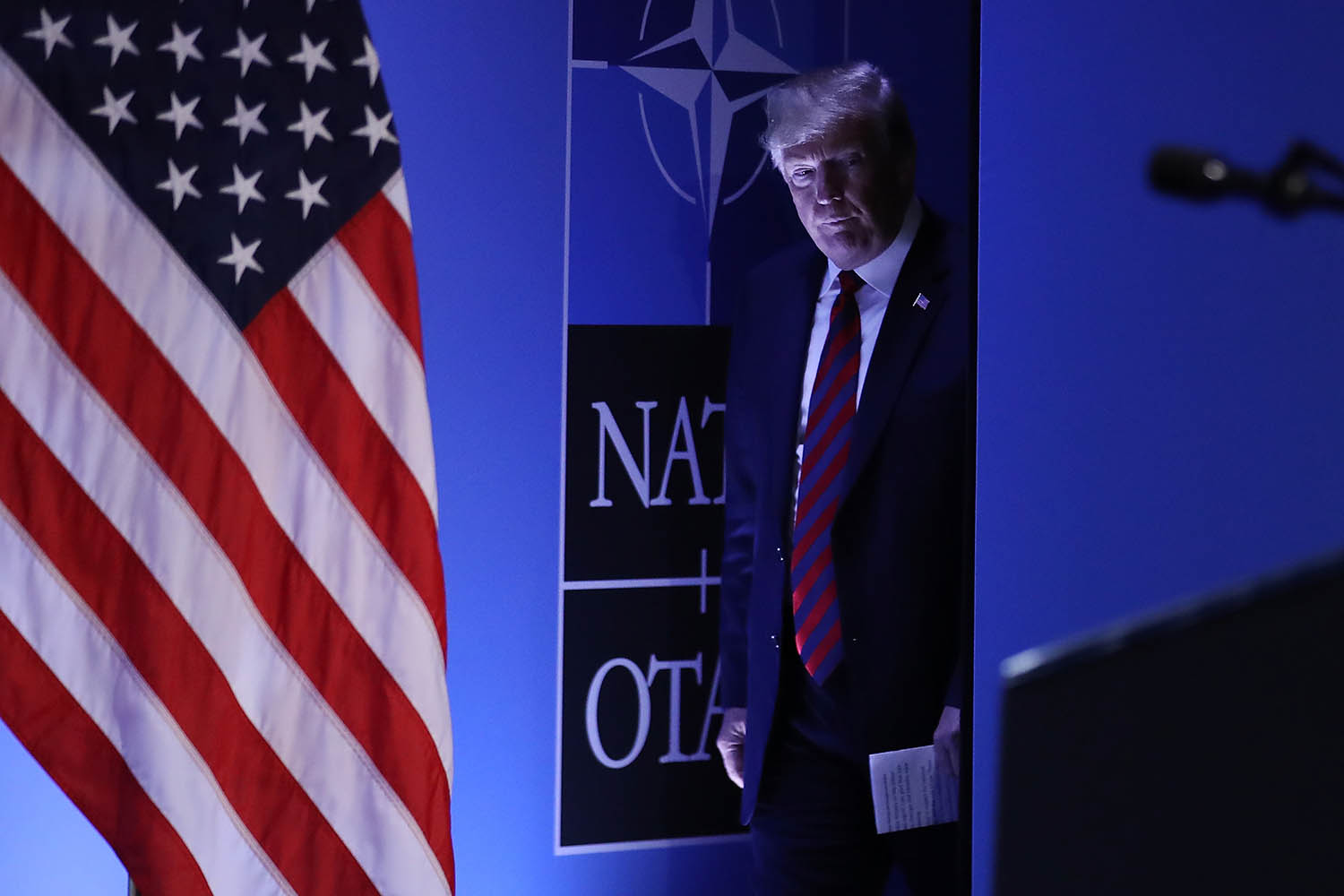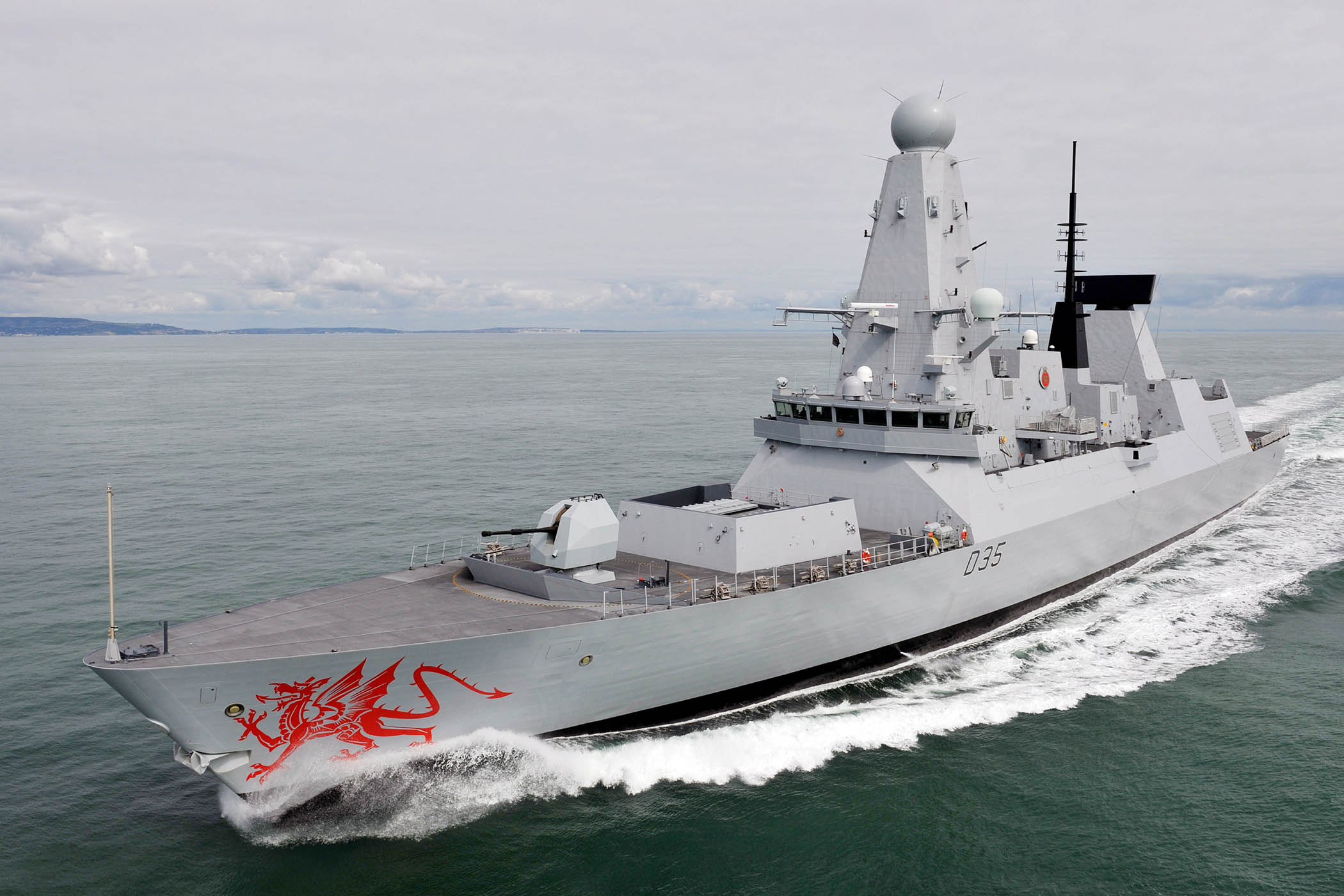The UK, Canada and their European allies have one goal for this week’s major Nato summit in The Hague: to keep Donald Trump onside.
Keir Starmer and fellow leaders are expected to agree to a demand by the US president to significantly increase the amount of money they spend on defence and related areas, to 5% of GDP from the current 2% Nato target, provided Spain – the only outlier – is brought into line.
They are also keeping the main business of the gathering, which officially starts on Tuesday for two days, to a three-hour session on Wednesday, to limit the risk of Trump leaving early. He is already expected to arrive late. In a further softener, the summit’s final communique will be a lot shorter than normal.
The need to shrink and condense the alliance’s most important meeting of the year to suit its most powerful member is evidence of a shifting tide in which the US can no longer be relied upon as the key guarantor of European security.
Of all the Pentagon’s competing priorities, the most pressing is the crisis between Israel and Iran, a close ally of Russia. There is a growing possibility that the US will join this fight.
In that event, Trump could ask the prime minister to use British airbases, in particular on Diego Garcia in the Indian Ocean, as a launchpad for bombing raids against Iranian nuclear facilities. If Starmer says yes, the UK could be drawn into the crisis, raising the risk of British military sites in the Middle East becoming targets for Iranian missile fire.
There are serious questions about the UK military’s capability when it comes to defending against incoming missiles. The softness of UK defences was embarrassingly exposed for real last week when two activists from a pro-Palestine group sneaked into the Royal Air Force’s largest base – Brize Norton in Oxfordshire – and zoomed across the runway on electric scooters before spraying paint into the engines of two Airbus Voyager tanker aircraft.
After Palestine Action posted a video of the security breach, the government ordered a review of security across the whole of the defence estate.
Weaknesses across the armed forces were spelt out in a major defence review published by the government at the start of the month, and are highlighted by a new podcast, The Wargame, which simulates an armed attack on the UK by Russia.
The series is designed to test not only Britain’s national defences and resilience but also Nato’s founding principle that an attack on one member of the 32-nation club is an attack on all.
Newsletters
Choose the newsletters you want to receive
View more
For information about how The Observer protects your data, read our Privacy Policy
“When we portray what an attack by Russia on the UK feels like, both in terms of cyber and what goes on in social media and then – rather more starkly – what a missile attack on the UK feels like, The Wargame is handling the same issues that the review addresses,” says Richard Barrons, a former top military commander who was an author of the strategic defence review and played the role of the UK’s defence chief in the podcast. “It identifies we live in a really difficult world of potential for state confrontation and conflict.”
The podcast pitches former British ministers and military chiefs against a fictional Kremlin. Set in the near future at a time of heightened tensions between London and Moscow, it simulates a series of Cobra meetings reacting to what Rob Johnson, a former senior civil servant at the Ministry of Defence, calls a very low-likelihood but high-impact scenario, meaning a low chance of it happening but with catastrophic consequences if it did.
“We are going to need to have to think about how we deter that happening, and if it happens, deal with it,” Barrons said.
The final episode of The Wargame, released on the opening day of the Nato summit, begins with the UK reeling after two waves of Russian missile strikes. The British side is confronted with the reality that its conventional armed forces are too small and poorly equipped to endure in a fight without the support of Nato allies.

Former ministers Amber Rudd, Jack Straw and Ben Wallace in The Wargame. Photograph by Sky News
A catastrophe in the making
By Jasper Corbett
The Wargame podcast, which imagines a Russian attack on the UK, is based on the kind of exercise used by governments across the western world to understand what might happen in the event of a war.
The scenario was devised by Rob Johnson, an Oxford academic who has served in the armed forces. He acknowledges that a Russian assault on the UK is unlikely, but warns that its impact could be catastrophic.
Former senior politicians and army leaders, including Ben Wallace, Mark Sedwill, Gen Richard Barrons, Amber Rudd and Jack Straw, play a fictional British government pitched against an imagined Kremlin.
After an explosion at a naval base in northern Russia kills dozens of sailors, the Kremlin falsely links the attack to the UK.
Britain’s defences, its reliance on other countries and what this means for its own behaviour are put to the test.



